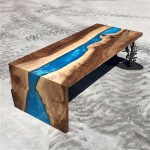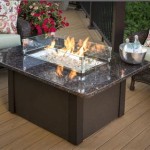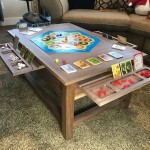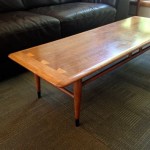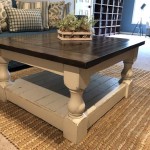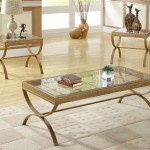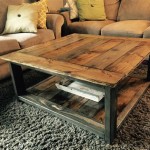Essential Aspects of Table Plan Examples
Table plans are crucial elements of any event, ensuring that guests are seated comfortably and according to the host's preferences. They provide a visual representation of the seating arrangements, helping guests easily locate their assigned tables.
Shape and Layout
The shape and layout of the table plan should complement the venue and the number of guests. Common shapes include rectangles, circles, and U-shapes. Rectangle plans provide a traditional and symmetrical layout, while circles foster a more intimate atmosphere. U-shaped plans offer flexibility, allowing for a variety of seating arrangements.
Table Sizes and Shapes
Table sizes and shapes should accommodate the number of guests and the desired seating arrangements. Round tables typically seat 8-10 guests, while square or rectangular tables can seat 6-8 guests comfortably. Mixing table shapes can create a visually appealing layout.
Seating Arrangements
Seating arrangements should consider the relationships between guests, such as family, friends, or colleagues. It is common practice to place couples or family members together. Consider the proximity of individuals who may need to interact during the event for business or networking purposes.
Head Table
Many events feature a head table, where the hosts, speakers, or special guests are seated. The head table is typically located in a prominent position, either at the front, center, or rear of the room. It can be elevated or decorated to draw attention.
Name Cards and Place Markers
Name cards or place markers indicate each guest's assigned seat. These cards should be clearly written and visually appealing. They can be customized with the guest's name, table number, and any other relevant information.
Additional Considerations
When designing a table plan, consider the following additional factors:
*Accessibility:
Ensure that all guests have clear and easy access to their seats. *Dietary Restrictions:
Note any dietary restrictions guests may have and seat them at tables where appropriate menu options are available. *Decor:
The table plan can be used as a decorative element by incorporating colors, patterns, or even incorporating it into a larger display. *Flexibility:
Allow for flexibility in the seating arrangements to accommodate last-minute changes or unexpected guests.
Luxury Wedding Table Plan Navy Blue Seating Classic

Arranging Your Wedding Seating Plan And Top Table

38 Wedding Seating Chart Templates Doc

Wedding Table Plan Ideas Unique For Your

Classic Bird Wedding Table Plan Seating Planner

Blue Red Velvet Large White Table Plan A2 A1 A0

Eucalyptus Garland Table Plan

Hearts Wedding Table Plan

Arranging Your Wedding Seating Plan And Top Table

Best Wedding Seating Chart 14 Examples
Related Posts

